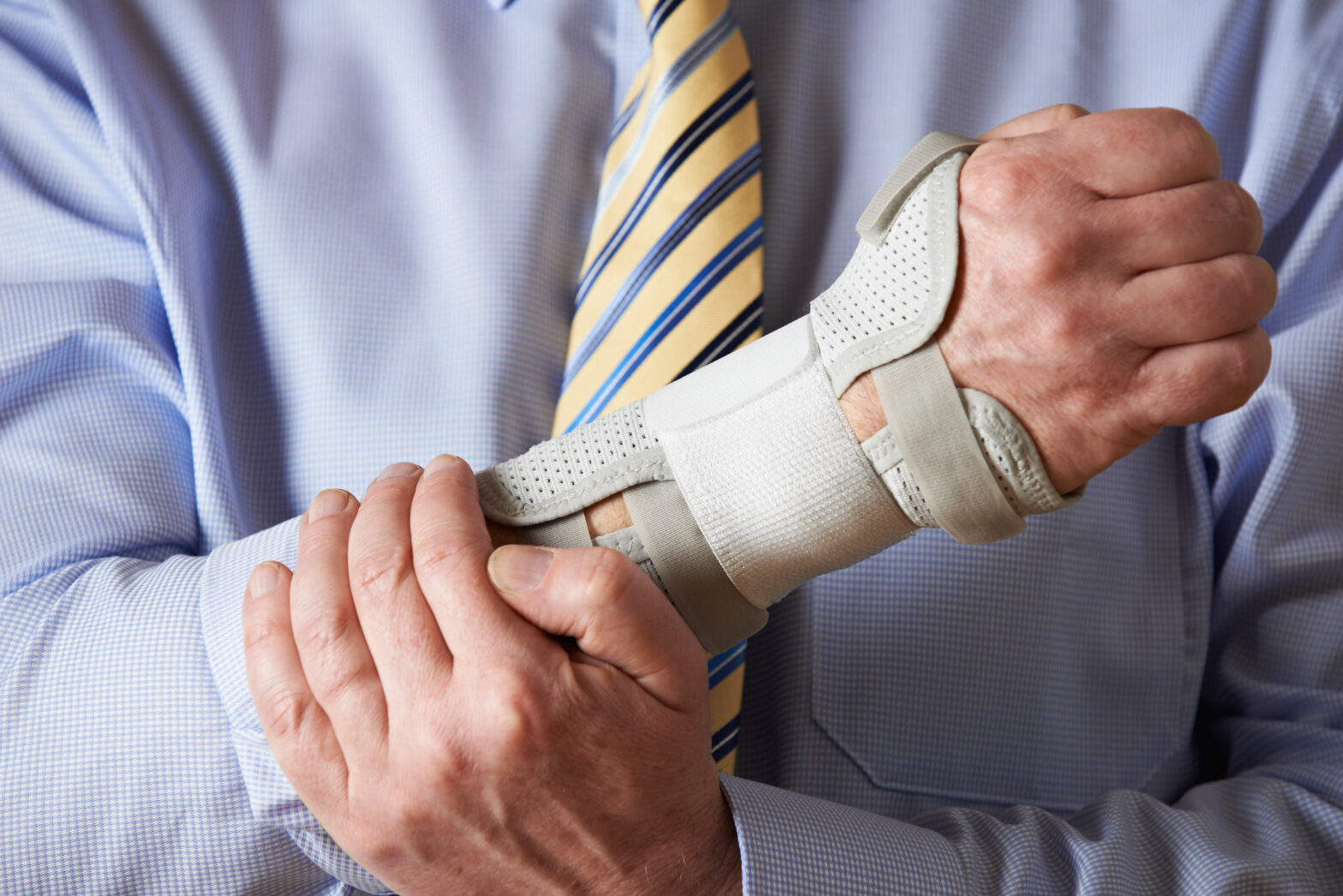Running a small business comes with a great amount of responsibility. Not only are you managing finances, employees, customer service, product development, and advertising, but you must also ensure that your business premises are safe and well-maintained. Otherwise, you risk the safety of your customers and employees, and leave yourself and your business vulnerable to legal action.
It is crucial, therefore, to ensure that you perform appropriate measures to protect your small business, and yourself as the owner, from personal injury liability. In this article, we will explore the actions you can take to prevent accidents and their resultant financial implications.
Take out insurance
As a small business owner, you will already likely have several types of insurance in place, including property insurance for your premises, car insurance for your fleet, professional and product liability insurance, and business interruption insurance in case of catastrophe or natural disaster. It is also prudent to consider taking out insurance to protect against legal action as a result of personal injury. Even if you do everything in your power to prevent them, accidents can happen. If they occur in your place of business, you are likely to be liable for costs incurred. Taking out personal accident insurance will safeguard you and your business from having to make expensive compensation payments in case of calamity.
Keep premises well-maintained
The best way to avoid accidents on your premises is to ensure that they are always safe and well-maintained. If you notice any hazards that may present risk to your employees, customers, or suppliers, take immediate action to remedy them. Make sure that all of your equipment is regularly maintained and safety checks are performed. If your employees use safety equipment, make daily checks to confirm that all apparatus is functioning correctly. Ensure walkways are clear, no preventable hazards are created, and do not allow trash to accumulate anywhere on the premises.
Be proactive
Some buildings may contain hazards that are difficult, costly, or impossible to fix. If you are unable to make changes to a structure, make sure that employees and customers are properly warned of the risks. For example, if there is an uneven step or steep staircase on your business premises, you may not have the right to change them, but you can place signs, give verbal warning, or put down hazard tape to make people aware that they need to take extra care.
Train your employees
You have a duty of care to your employees. Elements of their jobs that incur risk, such as the use of specialist equipment, dealing with hazardous substances, or navigating a challenging environment, must come with extensive training. It is not acceptable to expect employees to manage this without your oversight; you are responsible for their safety, so it is imperative that you take it seriously.
Hire a lawyer
If, despite your best efforts, an accident does take place and you hold responsibility, contact a specialist lawyer immediately.





